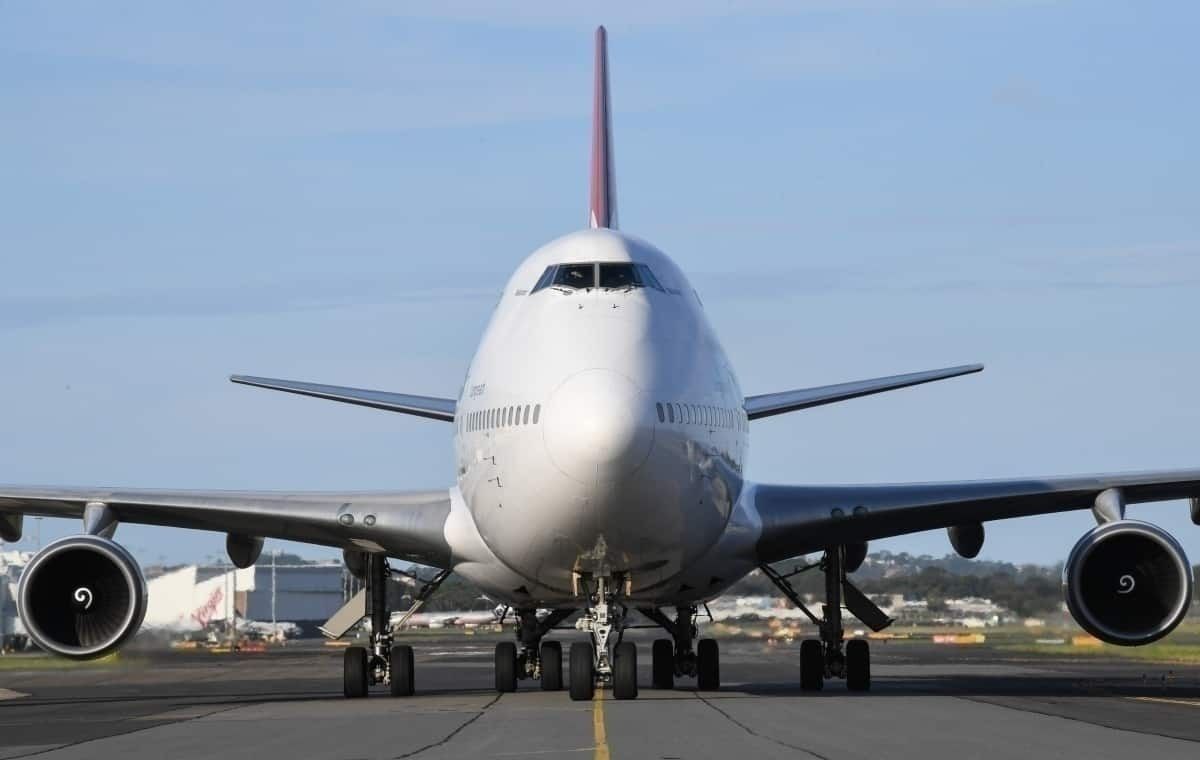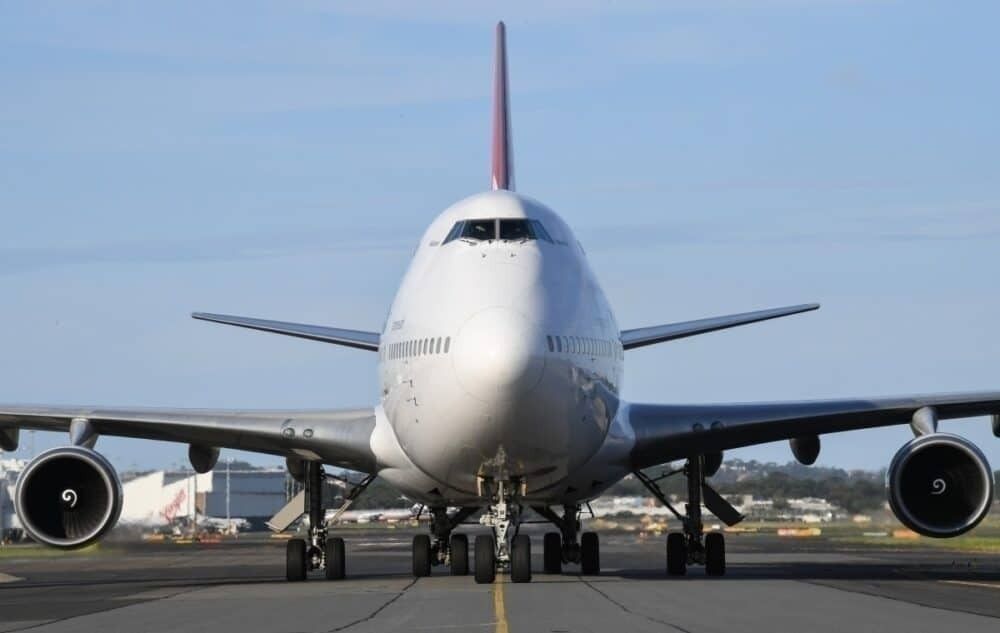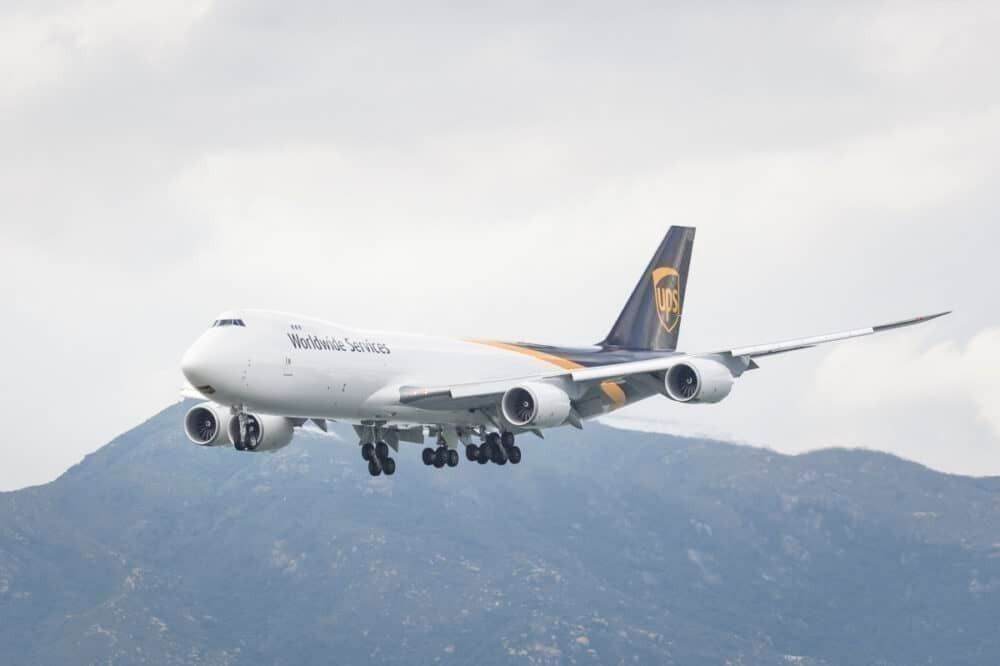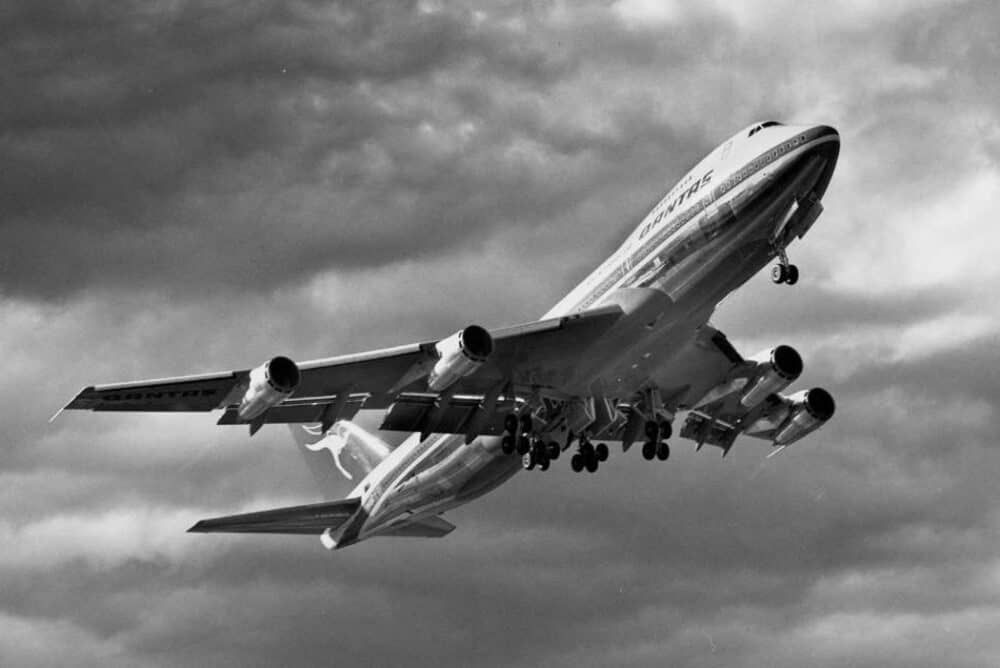It is not just individual commercial passenger Boeing 747s that one by one enter early retirement as their respective airlines capitulate parts of their fleet to the pressures of the pandemic. Now, it would seem the very production of the iconic model hangs in the balance as Boeing debates whether or not to secure a new supplier for its parts.
Boeing is facing a difficult decision over its iconic 747 program. While the last passenger 747-8 rolled out of the factory in 2017, with 47 aircraft delivered, Boeing has still been producing its freighter variant, the 747-8F.
Two years to fulfill commitments
Now, as the supplier of parts for the Queen of the Skies since her inauguration program over half a century ago has cut supplies, the manufacturer is faced with a choice. Either it establishes a new supply line, or it wraps up 747 productions for good. Boeing is thus far keeping mum on future plans, but had this to say on its current commitments,
"The 747-8 is sold out for the next few years. At a build rate of .5 airplanes per month, the 747-8 program has more than two years of production ahead of it in order to fulfill our current customer commitments. We will continue to make the right decisions to keep the production line healthy and meet customer needs," a spokesperson told Simple Flying.
Enough supplies to complete backlog
For 50 years, a company called Triumph has supplied fuselage and tailplane panels for Boeing's 747. Earlier this year, Triumph said it had delivered its very last of these parts as it shut down its plants in Texas and California. Before closing up shop, it supplied Boeing with enough to complete the existing order backlog. However, if future production will continue, the manufacturer needs to seek out a new supplier.
UPS waiting for 13
According to FlightGlobal, there is increasing internal tension at Boeing over the fate of the iconic aircraft program. Sources say that the company has determined a minimum number of orders needed to commit to a new supply-line and extend production. The figure is believed to be close to 100 aircraft.
The last commitments for the 747F came in 2018. UPS, the American multinational package delivery service, ordered 14 of the aircraft. UPS is also Boeing's largest 747F customers, having signed for 28 in total over the years.
Volga Dnepr, a Russian cargo airline, specializing in moving oversized, unique, and heavy cargo, ordered four the same year.
Truly the end of an era
Many have been saddened to see the classic silhouette of the 747 move on to greener pastures. While the demise of its freighter program may not be tugging quite so bad at the heart-strings, should Boeing decide to end production, it will most definitely be the end of an era.
It would also leave cargo carriers with a gap in the availability of newly built, large-capacity freighters. At 138t, it has a higher payload than the closest civil freighter, the 777F at 102t.
Granted the upswing in global air cargo demand, while not exactly proportional to the drop in passenger travel demand, could there be a renewed interest in the 747F? Although, there are quite a few converted passenger jets that could be vying for cargo-only spots as commercial airlines downsize their fleets.
What do you think, will we see the final of the 747 family roll out of the factory in two years, or does it still make sense for Boeing to keep up production? Let us know your thoughts in the comments.




